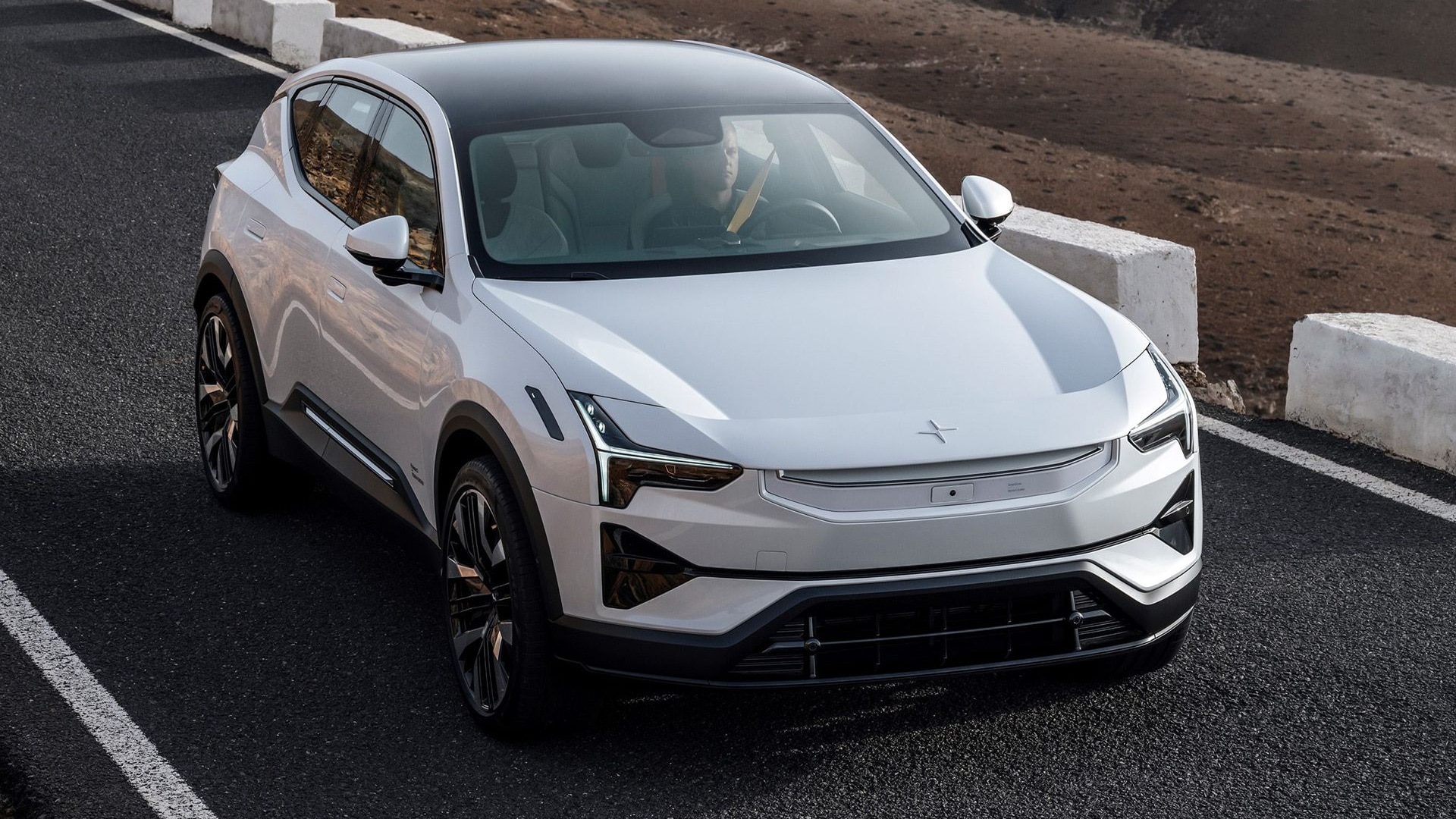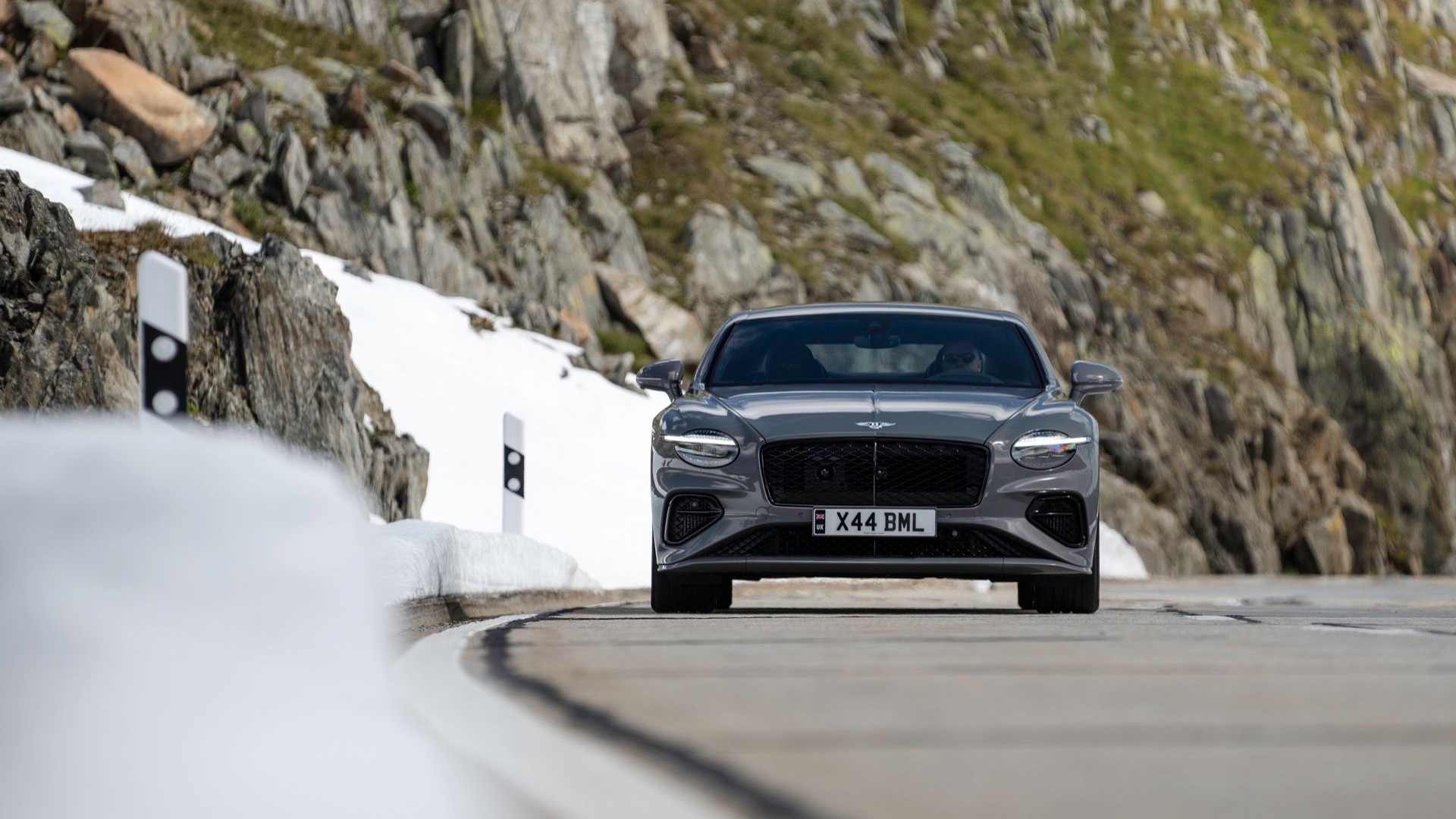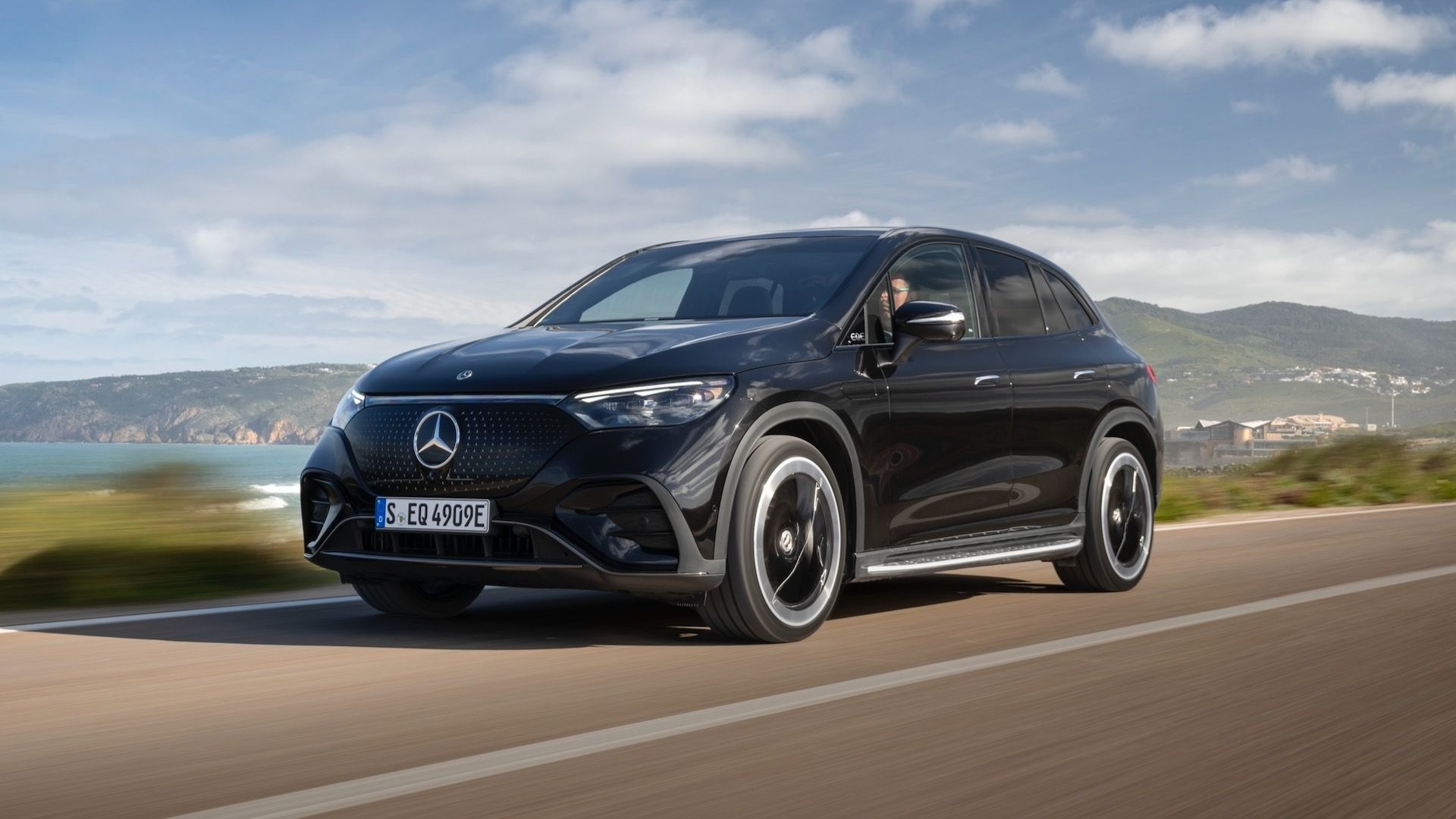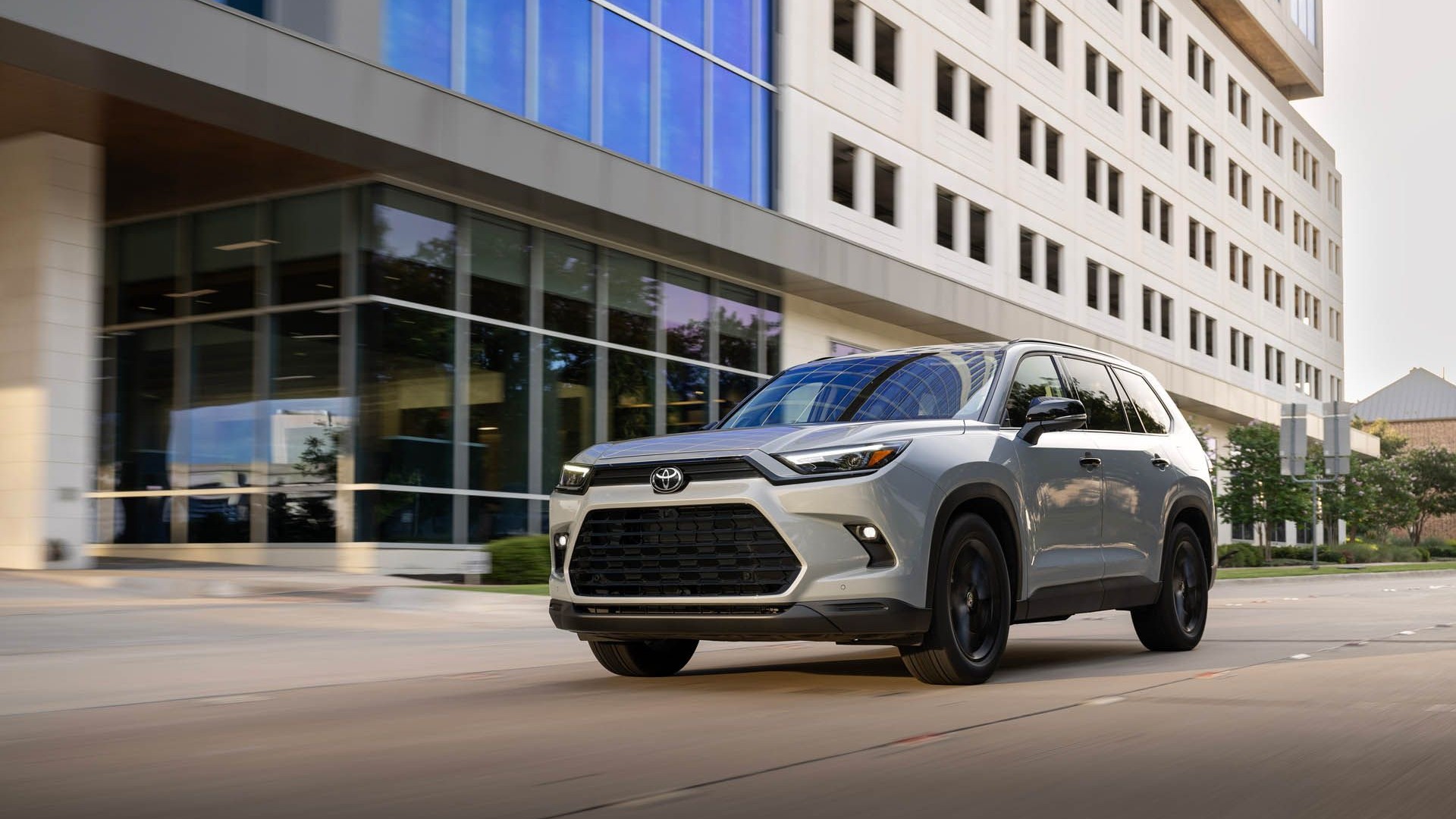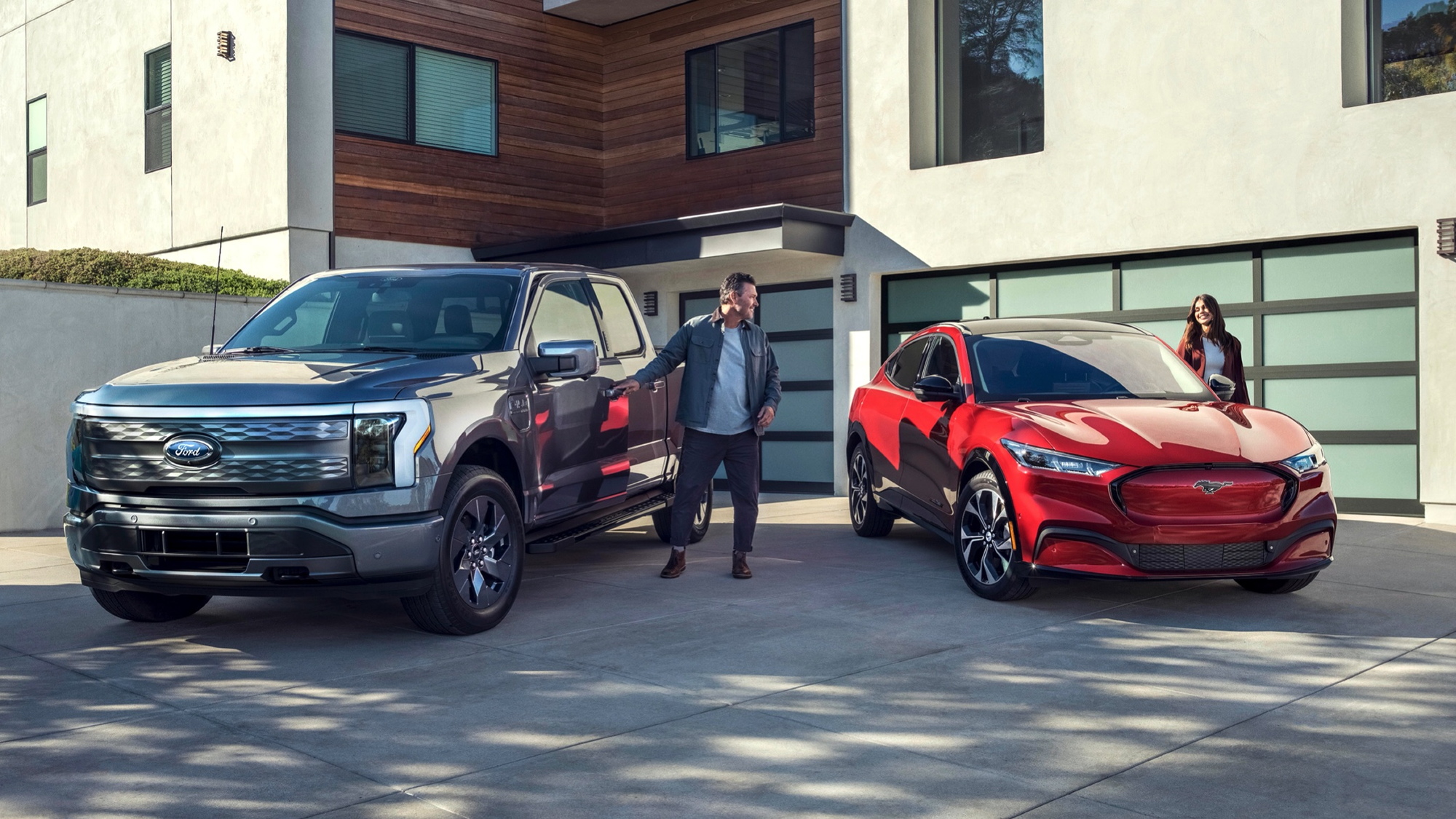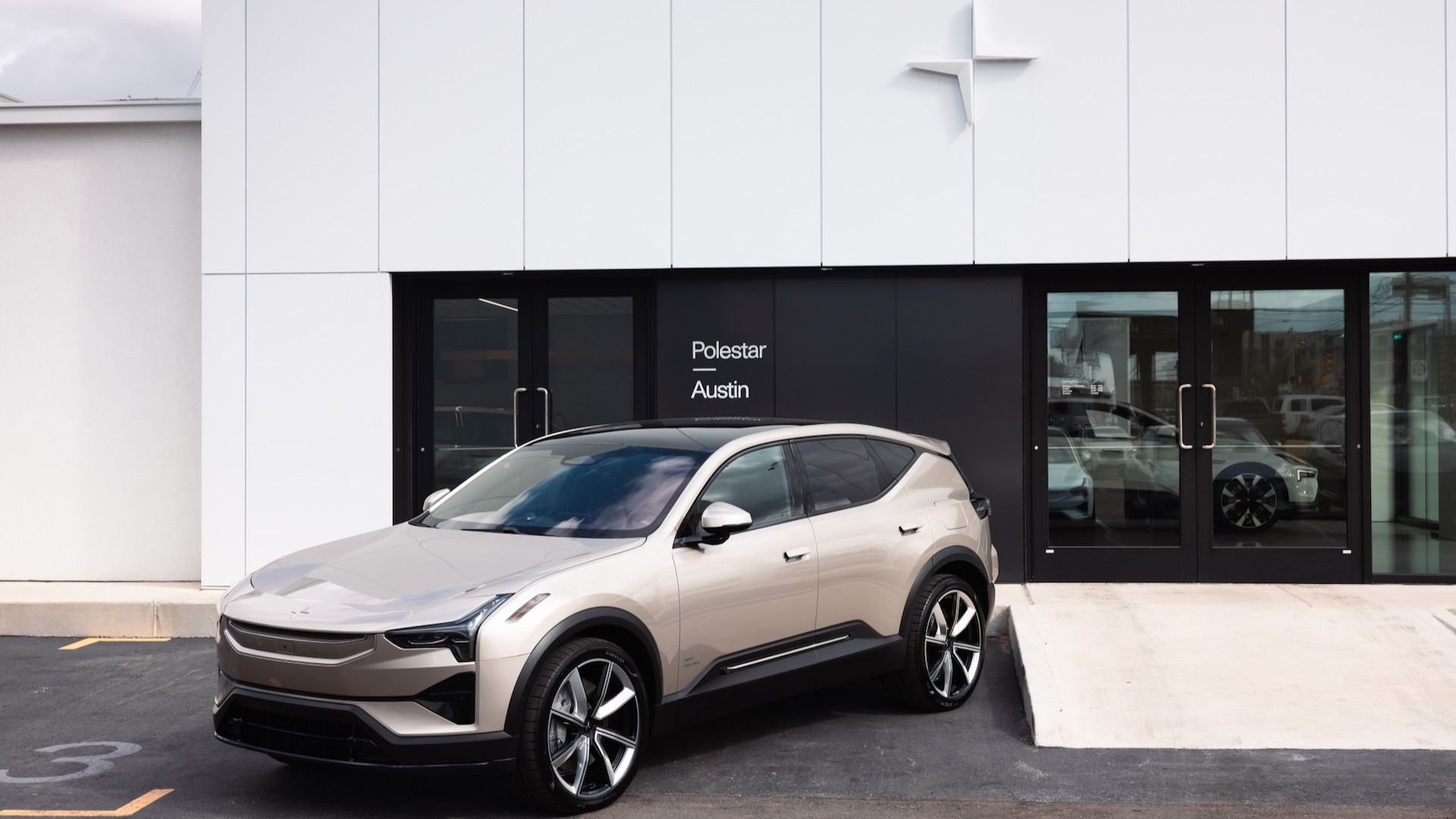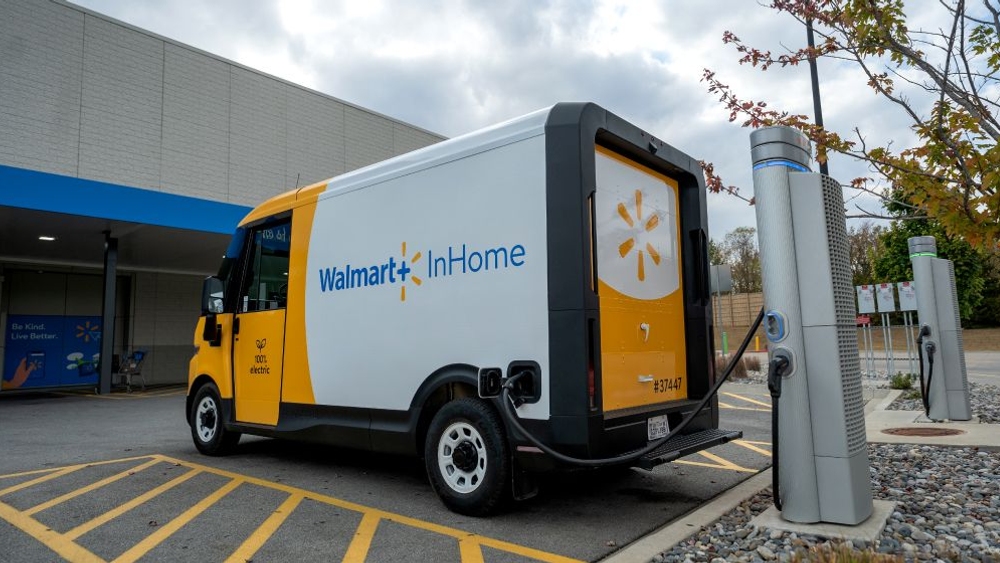GM has announced that Michael Robinson will assume the position of vice-president of environment, energy, and safety policy with a starting date effective on October 1st. Robinson will replace retiree Beth Lowery.
In his new position, Robinson's main responsibilities will include influencing GM's push to become an environmentally friendly company. He will have to focus on creating more fuel efficient passenger cars and developing alternative propulsion methods to remake the company into a "green" company focused on the technologies of tomorrow.
Robinson is a long time veteran with the company. He joined GM back in 1984. His several duties and roles have included practice area manager of the legal team, managing attorney of regulatory functions, and additional duties related to compliance, government lobbying, ethics, and guidelines for employee conduct. Though most of his expertise is in the legal field, the company feels he is highly qualified for his new position.
GM is in the midst of restructuring the company. Several promotions and reassignments have been handed out by the company with an aim to create a more nimble organization.
With advanced technology vehicles and alternative propulsion methods at the forefront of the automotive industry, some may argue that Robinson's new appointment could make him one of the most important people at the company and the key to the future success of GM.
With new standards for CAFE regulations requiring company averages of 35.5 mpg by 2016, GM will have to focus on small efficient cars and advanced technologies rather than relying on the success of SUVs and trucks in the coming years. As buyers demand efficient vehicles and companies race to produce them, Robinson will be one of the many people at GM responsible for overseeing environmental and energy related concerns surrounding the companies vehicles.
Though the Volt is a sure thing for GM and a sign of the possible future direction for GM, Robinson will be responsible for many other products coming down the line including hybrids, plug-ins, fuel cell research, and possibly EVs.
Source: Wards Auto (Login required)
